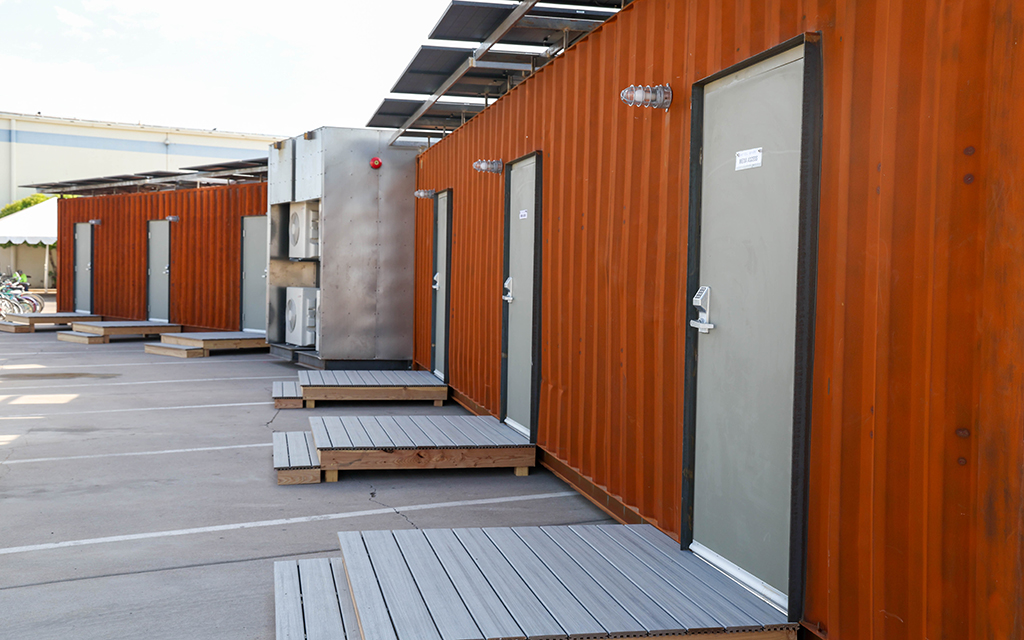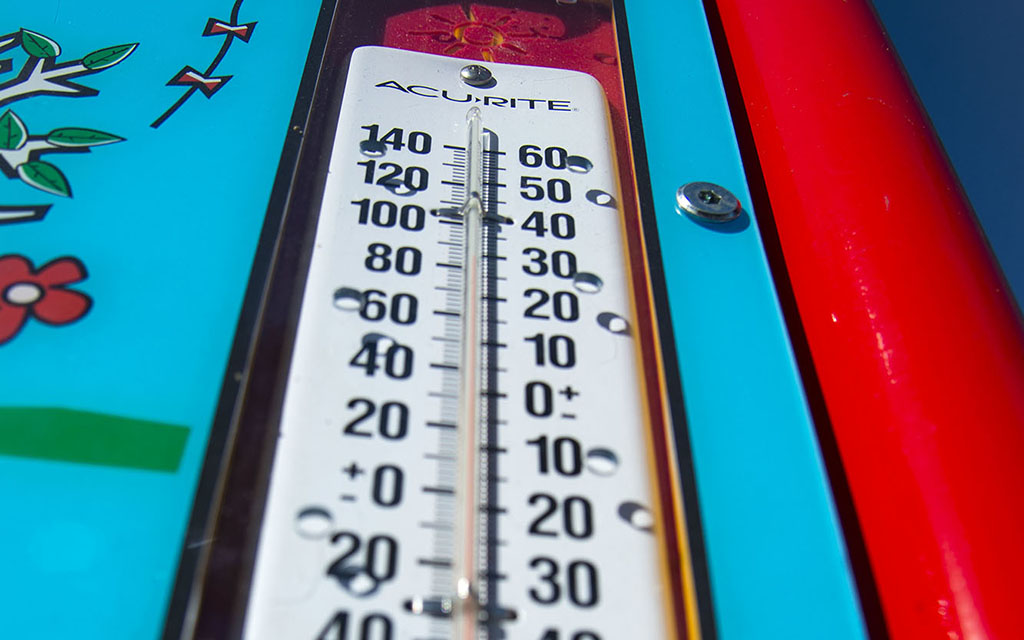WASHINGTON – Phoenix Mayor Kate Gallego told President Joe Biden Thursday that even in a town that knows how to cope with hot weather, this summer’s record-breaking heat is posing a challenge.
“Phoenix is known for heat. We are often called the Valley of the Sun. We have relentless summer heat followed by beautiful months of weather,” Gallego said during a virtual discussion with Biden. “But right now, this summer has really been unprecedented.”
Her comments came during a White House event – “actions to protect communities from extreme heat” – where Biden laid out what his administration has done, and plans to do to address the climate crisis that’s baking much of the nation.
The heat wave has set records in Phoenix, which has suffered through almost four weeks of daily high temperatures above 110 degrees.
“We’re going to outline steps we’re taking to help communities, who right this minute, as both the mayors can tell you, are facing a real crisis in their cities,” Biden said of Gallego and San Antonio Mayor Ron Nirenberg, who also took part in the event.
“And we’re also going to talk about steps for taking help communities prepare, plan and recover and make our nation more resilient in future heat waves,” Biden said.
Those proposals ranged from the immediate to the long-term.
Biden said he asked the Labor Department to issue a first-ever Heat Hazard Alert to remind employers of federal regulations in place to protect workers, particularly those who are more vulnerable to extreme heat exposure, like farm and construction workers. The department will also ramp up inspections and heat-safety violation enforcement under the alert.
“We should be protecting workers from hazardous conditions, and we will. And those states where they do not, I’m going to be calling them out,” Biden said.
He also touted a $1 billion U.S. Forest Service fund that will help communities plant trees to “help repel the heat and expand access to green spaces.”
One environmental group welcomed the protections for workers, but said the actions announced Thursday do not go nearly far enough to tackle the larger issue of climate change.
“No amount of money will change the fact that as long as we keep burning fossil fuels, it will keep getting hotter,” said Jean Su, energy justice director at the Center for Biological Diversity. “Biden has extraordinary powers to protect Americans from more apocalyptic heat, floods and storms by phasing out the oil and gas that are driving these disasters,” said Su, who called on Biden to declare a climate emergency to end the use of fossil fuels.
Gallego said there is more that can be done – specifically, she called on Congress to declare the heat a disaster so that states and local governments can access Federal Emergency Management Agency funding as they do for hurricanes, blizzards and other natural disasters.
“We deal with this heat on an annual basis so we’ve been focused on preparedness from day one, and really trying to prepare for what is, for us, a long-term emergency,” she said to Biden. “You mentioned … how many lives are lost to heat and that’s a real focus for us.”
But mostly, she thanked Biden for funding from the American Rescue Plan Act and the Inflation Reduction Act, which she said has allowed the city to take steps to address the heat. Gallego said those include cooling centers, hydration stations and creating the Phoenix Office of Heat Response and Mitigation.
In an interview after the White House event, Gallego said Phoenix has “put the lion’s share of the federal dollars … to getting people indoors and in safer housing situations because we know people are most vulnerable to the heat when they’re outdoors.”
One project that used ARPA funding is called XWings, which converts used shipping containers to housing units with air conditioning powered by rooftop solar panels. Gallego said the housing units are constructed indoors and then installed with cranes, to reduce construction workers time outside in the heat.
Gallego emphasized the importance of getting people inside with adequate air conditioning, and assisting families with energy bills. She said the city also invests in weatherization to help reduce energy costs and greenhouse gas emissions.
Home weatherization was just one of many existing government programs listed by Biden, along with drought reduction measures, energy efficiency enhancements for buildings and improvements in weather forecasting.
“We are making progress,” he said during the half-hour event. “But as we heard today we have a lot more work to do.”



